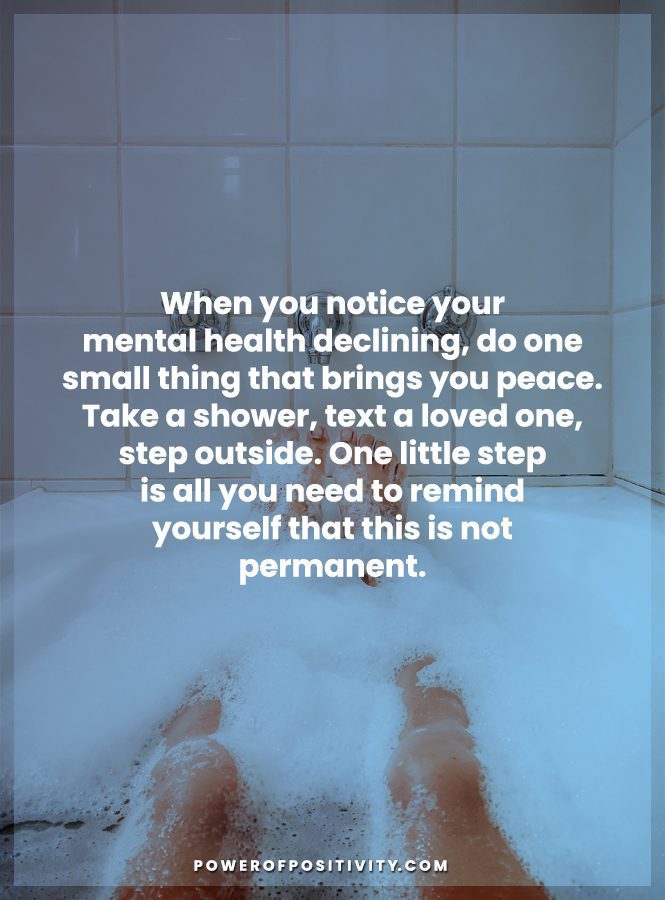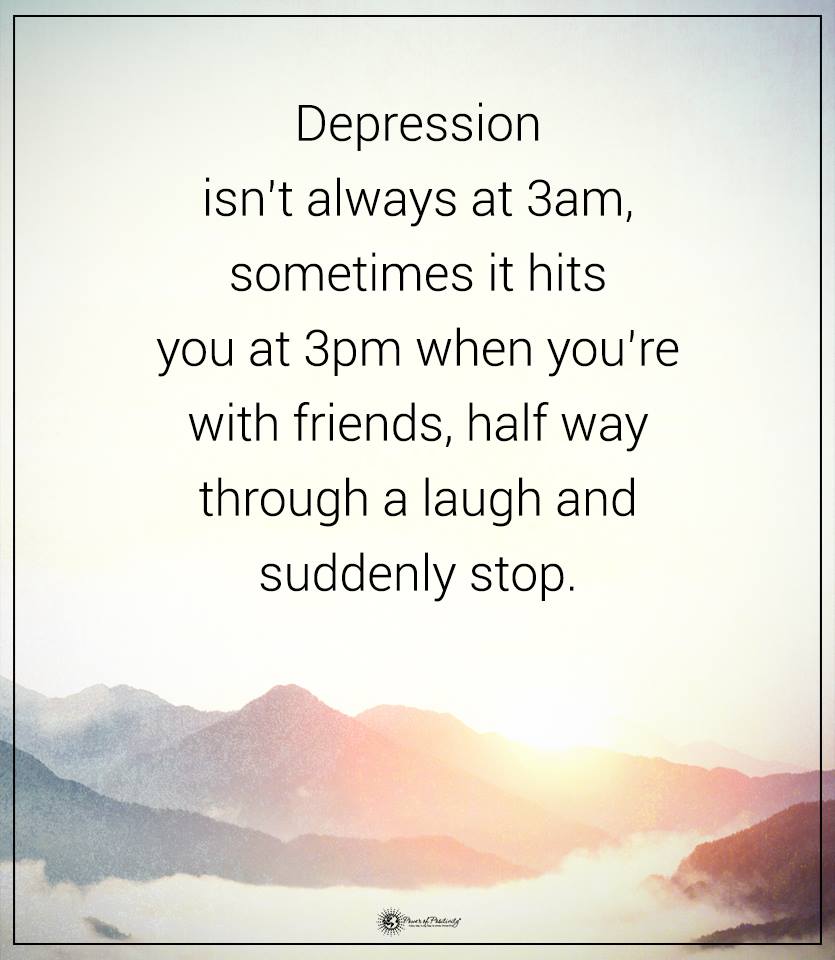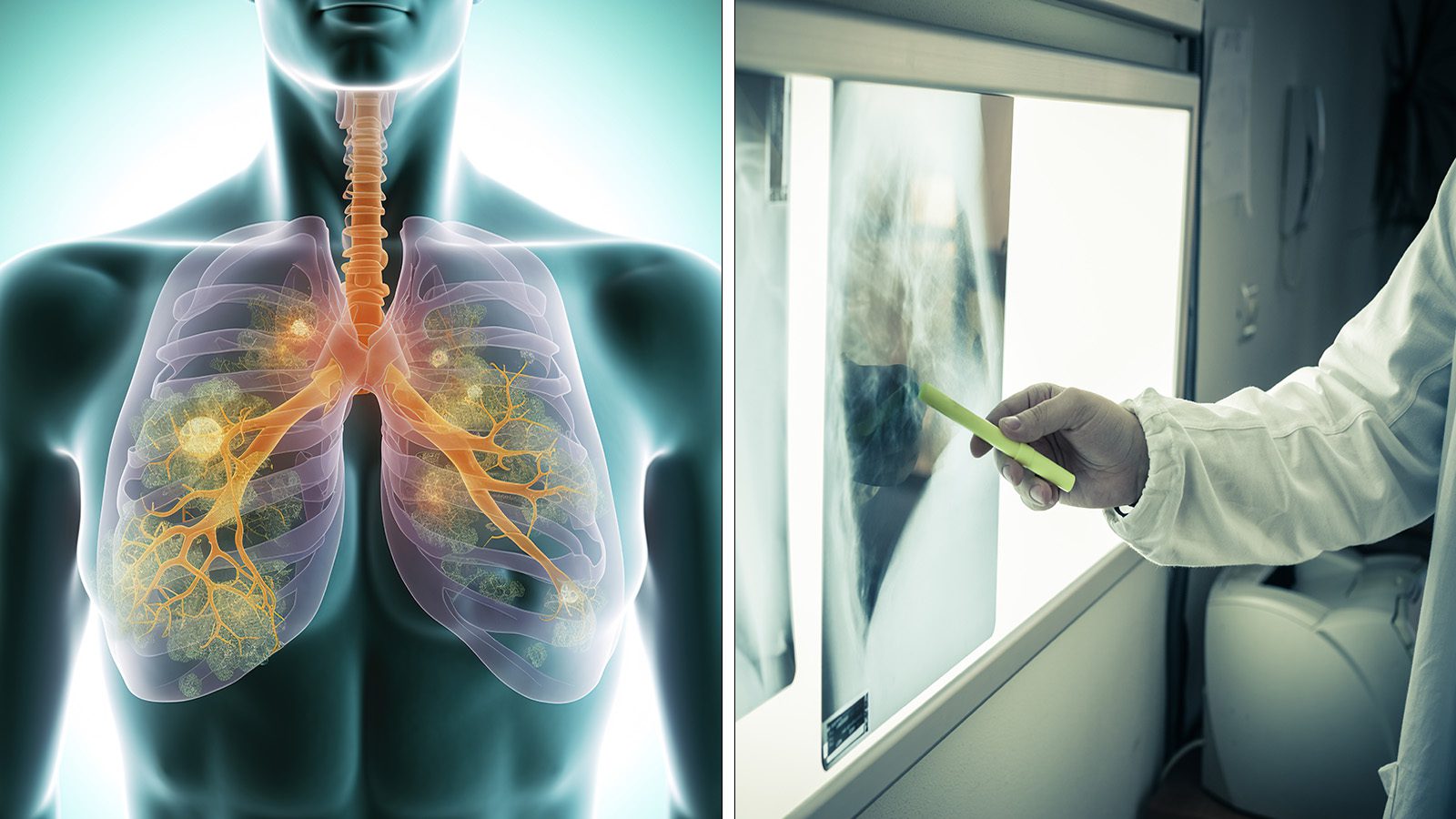A recent study has reinforced the idea that physical exercise is a crucial element in mental health treatment. Specifically, it is approximately 150% more effective at treating depression than prescriptions or Cognitive Behavioral Therapy (CBT) alone.
A team of doctors and researchers from the University of Sydney in Australia and the University College of London published the umbrella review in the BMJ in March of 2023. The study emphasizes the importance of physical activity in alleviating symptoms of mental health issues like anxiety and depression, potentially reducing the need for medications. The researchers analyzed data from over 900 studies, including 1.2 million individuals from 49 countries.
About the Study on the Positive Impact of Exercise on Depression and Anxiety
Dr. Brendon Stubbs, the study’s lead author from the University College of London, stated that the findings support the idea that exercise is a cost-effective and accessible option for managing mental health. The study demonstrates that even small amounts of physical activity can significantly benefit physical well-being and mental health.
The researchers found that engaging in a minimum of 150 minutes of moderately intensive or 75 minutes of vigorous-intensity exercise per week was linked to improved mental health outcomes. This summary aligns with the recommendations for weekly physical activity published by the World Health Organization (WHO) in 2020.
The Study Also Finds That Exercise Also Helps to Reduce Prenatal Depression
The American College of Obstetricians and Gynecologists (ACOG) reports that prenatal depression occurs during approximately 10% of pregnancies. However, the prevalence may increase to 20%, depending on demographics, socio-economic status, and access to mental health care.
The newly released data suggests that exercise can decrease depression during pregnancy.
Physical exercise during pregnancy is vital in promoting the best physical and mental well-being while carrying a baby. That is common knowledge. But this review shows how regular physical activity can help manage symptoms of mental health issues, including depression and anxiety. Both are typical during pregnancy, ACOG suggests.
Note: Consult with your OB/GYN before beginning or continuing an exercise routine to ensure it is safe and appropriate. Incorporating physical activity into daily life, like taking short walks or practicing gentle stretching or yoga, can be a manageable and effective approach for relieving depression during pregnancy.
A Caution: Exercise May Not Replace CBT for Severe Depression, But it Is Still Useful When Combined With It
Depression is a complex mental health condition, and no two patients are alike. Dr. Stubbs emphasized that exercise should not replace other treatments like CBT or psychotherapy. Instead, therapists should include it as an essential component of a comprehensive mental health care plan.
For individuals who are hesitant or unable to participate in traditional exercise, he recommends incorporating physical activity into daily life, such as taking the stairs instead of the elevator, doing a bit of yard work or gardening, or walking to work.
Do You Suspect You Might Have Depression? Here are a Few Key Signs
Here is a list of fifteen common signs of depression and associated behaviors to know.
- Persistent sadness or low mood: Feeling down or experiencing a pervasive sadness for an extended period, often without apparent reason.
- Loss of interest or pleasure: A noticeable decrease in interest or enjoyment in previously enjoyed activities, hobbies, or social interactions.
- Fatigue and low energy: Feeling consistently tired, lethargic, or having difficulty completing daily tasks due to a lack of energy.
- Changes in appetite or weight: Experiencing significant weight loss or gain or noticeable changes in eating habits (overeating or loss of appetite).
- Sleep disturbances: Trouble falling asleep, staying asleep, or sleeping too much, leading to disrupted sleep patterns.
- Feelings of guilt or worthlessness: Experiencing persistent negative thoughts about oneself, including excessive self-criticism or feelings of inadequacy.
- Difficulty concentrating or making decisions: Struggling to focus on tasks, retain information, or make simple decisions.
- Irritability or agitation: Increased frustration, restlessness, or a short temper, often with little provocation.
- Social withdrawal: Avoiding social situations, canceling plans, or isolating oneself from friends and family.
- Physical symptoms: Unexplained aches, pains, or other physical discomforts with no identifiable cause.
- Suicidal thoughts or self-harm: Thinking about or engaging in self-harm or contemplating suicide.
- Loss of sex drive: A decrease in sexual desire or interest in intimacy.
- Persistent pessimism or hopelessness: A constant negative outlook on life or feeling hopeless about the future.
- Slowed thinking or movement: Experiencing slowed thought processes or physical movements, which others can observe.
- Substance abuse: Abusing alcohol or drugs as a primary coping mechanism or to numb feelings of depression.
It’s important to note that not everyone experiencing depression will exhibit all of these signs. If you or someone you know exhibits several of these symptoms for an extended period, seek help from a healthcare professional; a diagnosis of a mental health condition by a doctor is the first step to healing.
Final Thoughts on New Data Showing That Exercise Is 150% More Helpful Than Pharmaceuticals for Depression
The study’s findings have important implications for mental health professionals and policymakers. With mental health issues on the rise, it is essential to explore cost-effective and accessible treatment options like exercise to help alleviate the burden on healthcare systems and improve individual well-being.
The research conducted by the University College of London and the University of Sydney team provides strong evidence that physical exercise should be a critical part of mental health treatment. By making physical activity accessible and encouraging its integration into daily routines, mental health care can become more effective and holistic.

















